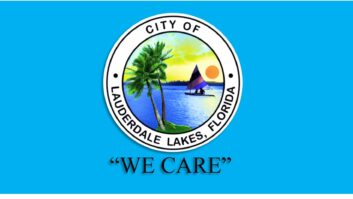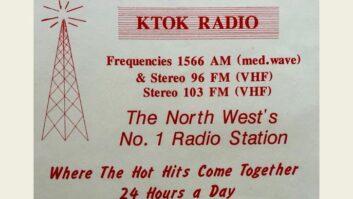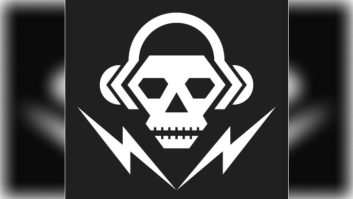Could Congress be ready to take a stand on more stringent penalties for pirate radio operators? There may be an answer to that question after discussion of the draft bill known as the PIRATE Act on March 22.
Authored by Reps. Leonard Lance (R-NJ) and Paul Tonko (D-NY), members of the House Subcommittee on Communications and Technology, the PIRATE Act (short for Preventing Illegal Radio Abuse Through Enforcement Act) proposes to amend Title V of the Communications Act of 1934 to increase fines for illegal pirate operations
and give the Federal Communications Commission additional authority to penalize pirate radio operators.
The proposed draft language calls for an increased penalty for anyone who willfully participates in facilitating a pirate radio broadcast. That penalty — which today is $10,000 per violation — would potentially carry a fine of $100,000 a day for each day of broadcast with a maximum fine of $2 million.
The draft legislation also calls on the FCC’s Enforcement Bureau to conduct enforcement sweeps across the nation’s top five radio markets to identify and terminate illegal broadcasts. The draft clarifies that the FCC should also continue regular enforcement efforts throughout the year.
The proposed act would also give state and local governments the authority to impose additional civil or criminal penalties for those who facilitate illegal broadcasting, which would be on top of any existing FCC authority.
That word “facilitate” carries additional weight. The proposed legislation clarifies that “facilitate” means that anyone who aids a pirate radio operation can be indicted as well, such as those who provide housing, facilities or financing to a pirate operator. That means that landlords, property managers and advertisers may also be pulled into the sweep.
In September of 2017, the FCC took its first step in that direction when it penalized an unlicensed radio operator and the owner of the building where the equipment was allegedly housed with a fine of $144,344, the largest fine to date.
[Read: In Largest Penalty to Date, FCC Fines Both Pirate Operator and Property Owner]
There has been no public information from the FCC on the results of that action against the alleged pirate operator and landlord in North Miami.
FCC Commissioner Michael O’Rielly has been calling for more Congressional authority to address illegal pirate broadcasts. He told Radio World in March that increasing fines for pirate broadcasts would have the effect of triggering enactment thresholds at the Department of Justice. “If [these fines are] at paltry levels, they tend to focus on bigger cases; increasing the fines does have an impact on that side,” he said.
He said in a recent Twitter post that he was “very pleased” that the committee was planning to examine a draft bill to enact stiffer penalties and give the FCC new “tools to fight pirate radio.”
The act also gives the commission the authority to dispose of illegal pirate radio equipment after a 90-day window.
The draft will be up for discussion at a subcommittee hearing on March 22. Among those scheduled to speak are David Donovan, president and executive director of the New York State Broadcasters Association.
The hearing webcast will be available at the Energy and Commerce Committee website.







